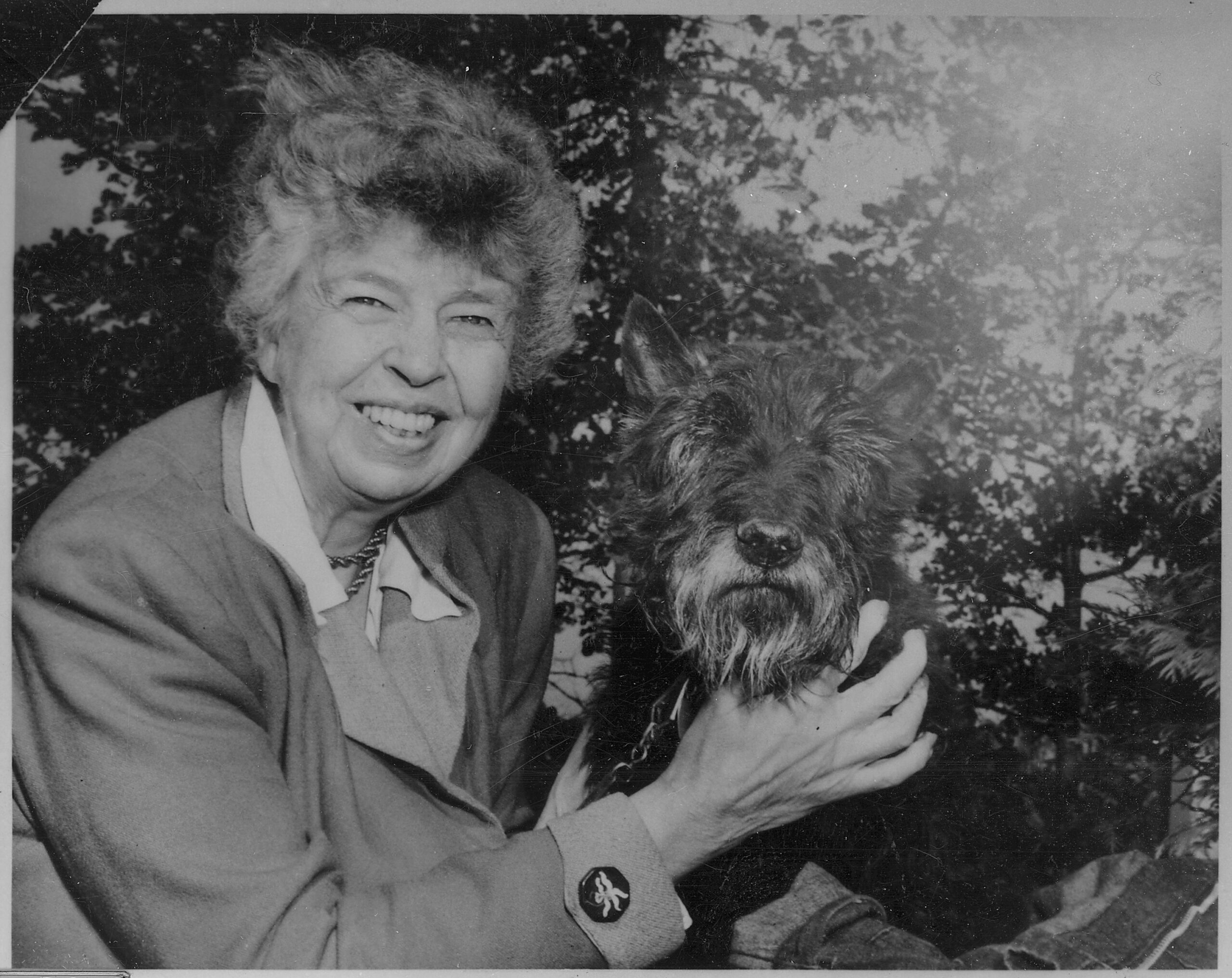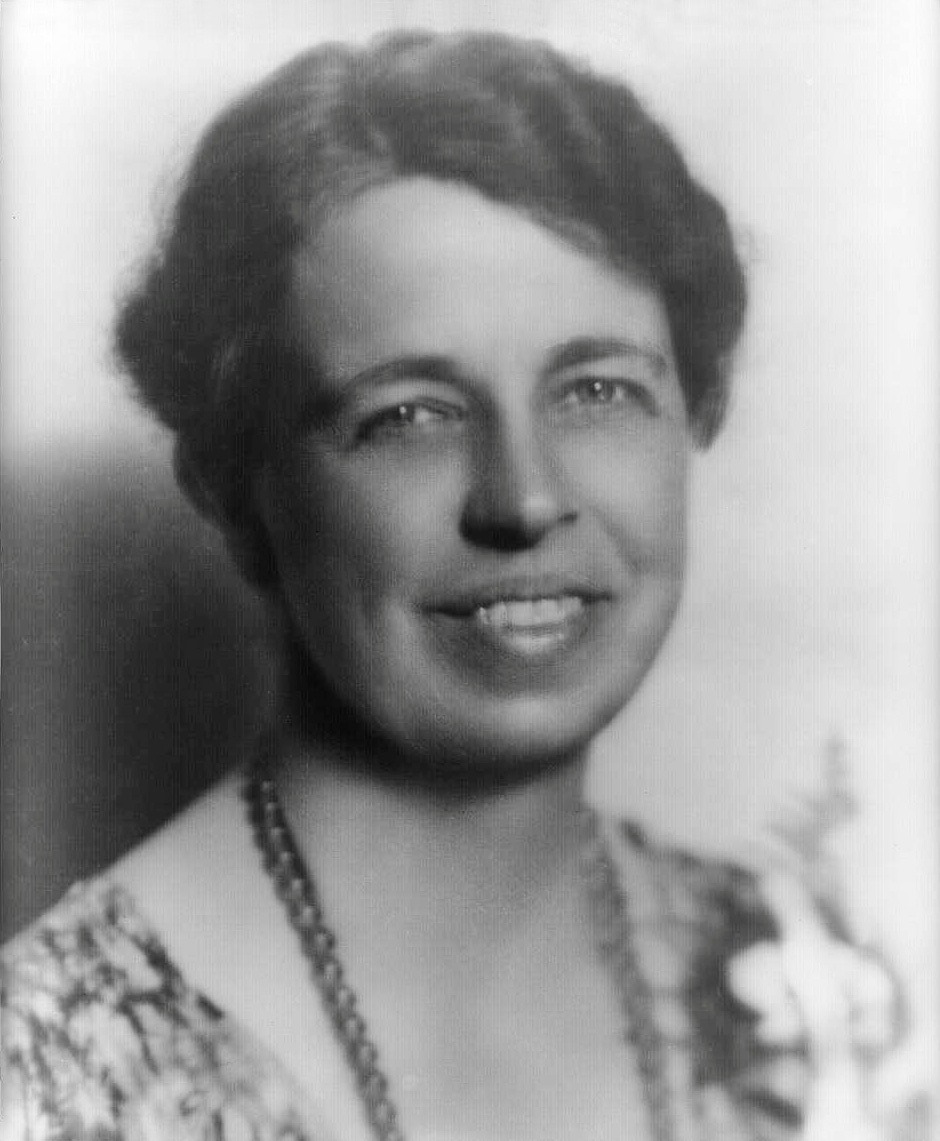Eleanor Roosevelt’s journey from a shy, retiring individual to a formidable political force is a testament to her resilience, intelligence, and unwavering commitment to justice. Her tenure as First Lady was marked by unprecedented activism, part of which was deeply rooted in New York City. This post explores how her efforts in the city contributed to significant political changes and set the stage for future reforms.
Early Life and Political Awakening
The Formation of a Political Mindset
Eleanor Roosevelt emerged from a background of immense privilege and profound personal tragedy. The loss of both parents by the age of ten deeply affected her, instilling a profound empathy for those in hardship. Her engagement in education and social work from an early age new deal was not just a pursuit of personal development but a mission to address social injustices. This early period of her life was crucial in shaping her future path as a champion for social causes, illustrating how personal adversity can forge a powerful advocate for social change.
Initial Engagement with New York Politics
Upon marrying Franklin D. Roosevelt in 1905, Eleanor found herself at the heart of American politics. Her role, initially defined by traditional expectations of a politician’s wife, rapidly evolved as she took an active interest in New York’s social and political issues. Her unique position allowed her to witness firsthand the struggles of the city’s most vulnerable, fueling her determination to advocate for change.
Despite societal constraints, Eleanor used her growing influence to engage with key political figures and grassroots movements in New York, setting the stage for her future role as a transformative figure in American politics. This early involvement in New York politics was a critical step in her journey, demonstrating her ability to navigate and influence the political landscape long before her tenure as First Lady.
Championing Social Causes
Advocacy for the Disadvantaged
Eleanor Roosevelt’s advocacy for the disadvantaged was rooted in a profound empathy for those affected by poverty, unemployment, and discrimination. Her commitment to social justice and equality led her to champion causes that sought to uplift the marginalized segments of society. Let’s delve deeper into her efforts in supporting the New Deal and fighting for housing rights, showcasing her multifaceted approach to advocacy.
Supporting the New Deal
Eleanor Roosevelt recognized the transformative potential of the New Deal policies initiated by Franklin D. Roosevelt’s administration. She played a pivotal role in mobilizing public support for these initiatives, understanding that widespread backing was crucial for their success. Through her columns, speeches, and radio broadcasts, she articulated the importance of the New Deal in providing a safety net for the most vulnerable. Her communication skills and credibility allowed her to reach a broad audience, educating them on the significance of these reforms and how they could benefit from them.
Advocating for Inclusivity and Fairness
One of Eleanor’s significant contributions to the New Deal was her advocacy for inclusivity and fairness within its programs. She pushed for the inclusion of African Americans, women, and other minority groups, ensuring that the relief provided by the New Deal did not bypass those historically subjected to discrimination. Her efforts led to establishing more equitable practices within New Deal programs, making them more accessible to a wider demographic.
Direct Engagement and Feedback
Eleanor did not limit her support to public advocacy; she was deeply involved in the operational aspects of the New Deal. She visited numerous project sites, from the rural communities benefiting from the Rural Electrification Administration to urban relief projects. These visits allowed her to observe the impact of these policies firsthand and provide direct feedback to FDR and his administration, ensuring that the programs were effectively meeting the needs of the disadvantaged.
Fighting for Housing Rights
Public Housing Initiatives
Eleanor Roosevelt’s fight for housing rights centered on believing that access to decent, affordable housing was a fundamental human right. She championed public housing initiatives, recognizing the acute need for housing in New York City, exacerbated by the Great Depression and subsequent economic struggles. Her advocacy was instrumental in creating and funding public housing projects, which aimed to provide safe and affordable living conditions for low-income families.
Coalition Building and Advocacy
Understanding the complexity of the housing crisis and the need for comprehensive solutions, Eleanor engaged in coalition building. She collaborated with architects, city planners, and social reformers to design housing solutions that were not only affordable but also conducive to healthy living. Her efforts extended to lobbying for legislative support for public housing, demonstrating her skill in navigating the political landscape to secure resources and enact policy changes.
Legacy of Housing Reform
Eleanor Roosevelt’s commitment to housing rights contributed to a significant shift in how housing was viewed in the context of social welfare and public policy. Her advocacy laid the groundwork for future developments in public housing, influencing urban planning and housing policies long after her time. Her vision for housing reform emphasized the importance of community and social services as integral components of public housing projects, ideas that continue to influence housing policy today.
Support for Working Women and Children
Eleanor Roosevelt’s advocacy extended into the nuanced arenas of social justice, particularly in her support for working women and children. Her efforts in these areas were both pioneering and impactful, aiming to secure protections and rights for vulnerable populations within the workforce.
Protection for Working Children
Understanding the harsh realities child laborers face, Eleanor advocated for laws restricting their working hours and improving their working conditions. Her commitment was rooted in a belief that childhood should be a time for education and growth, not exploitation in the workforce.
Empowerment of Women
Eleanor’s advocacy for women was multifaceted. She focused on their right to work under fair conditions and their right to participate fully in political life. She saw women’s empowerment as crucial to building a more equitable society. She worked tirelessly to open doors for women in various sectors, encouraging them to take on leadership roles and assert their rights in public and private spheres.
Political Reform and Influence
The Fight for Racial Equality
One of Eleanor Roosevelt’s most significant contributions to New York City’s politics was her relentless campaign for racial justice:
Desegregation Efforts
Eleanor Roosevelt’s desegregation efforts were marked by her fearless advocacy for integrating schools and public facilities in New York City, directly confronting the deeply ingrained racial segregation of the period. By challenging these societal norms, she spearheaded a crucial shift towards equality. She set a precedent for future civil rights advancements, demonstrating the power of political influence in effecting social change.
Support for Civil Rights Organizations
Eleanor Roosevelt’s support for civil rights organizations was transformative. She utilized her prominent position to amplify the voices of those fighting for racial justice. Her alignment with these groups was not just symbolic; it was an active partnership that helped to galvanize public opinion and draw national attention to the urgent need for civil rights reform.
Push for Government Reform
Eleanor’s influence also extended to political reform, where she worked to:
Enhance Democratic Processes: She supported efforts to clean up the city’s politics, promoting transparency and fairness.
Encourage Political Participation: Eleanor urged citizens to engage with the political process, emphasizing the importance of voting and civic involvement.
Legacy in New York Politics
Influence on Future Generations
Eleanor Roosevelt’s work laid the foundation for numerous social and political advancements in New York City. Her legacy is evident in:
Continued Advocacy for Social Justice: Future generations of activists have drawn inspiration from Eleanor’s commitment to equality and justice.
Progressive Political Movements: Her influence can be seen in the city’s ongoing efforts to address social issues and promote reform.
Continuing Impact Today
Decades after her death, Eleanor Roosevelt’s impact on New York City’s political scene remains profound. Her pioneering work in human rights, social welfare, and political reform continues to inspire activists and politicians alike.
Conclusion
Eleanor Roosevelt’s influence on the politics of New York City is immeasurable. Through her advocacy, activism, and unwavering commitment to justice, she transformed the city’s political landscape and left a lasting legacy that continues to inspire change. Her life and work remind us of the power of individual action to effect widespread social and political reform. As we reflect on Eleanor Roosevelt’s contributions to New York City, we are reminded of the enduring importance of compassion, courage, and commitment to the greater good.


